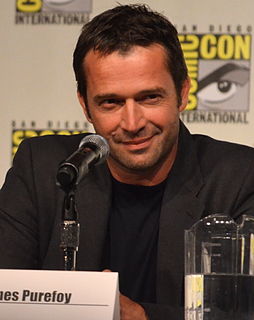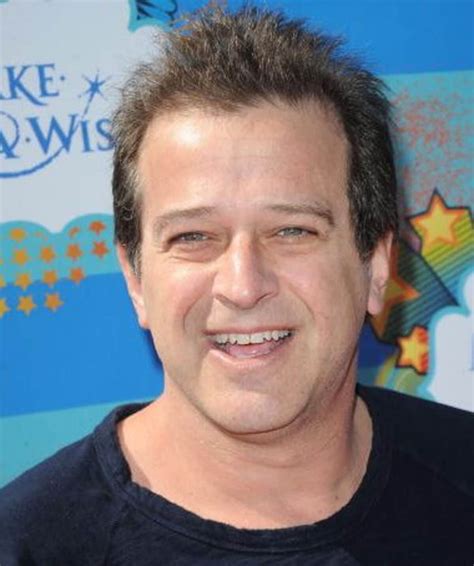A Quote by Carl Honore
The spark for 'In Praise of Slowness' came when I began reading to my children. Every parent knows that kids like their bedtime stories read at a gentle, meandering pace. But I used to be too fast to slow down with the Brothers Grimm. I would zoom through the classic fairy tales, skipping lines, paragraphs, whole pages.
Quote Topics
Bedtime
Bedtime Stories
Began
Brothers
Brothers Grimm
Came
Children
Classic
Down
Every
Fairy
Fairy Tale
Fairy Tales
Fast
Gentle
Grimm
Kids
Knows
Like
Lines
My Children
Pace
Pages
Paragraphs
Parent
Praise
Read
Reading
Skipping
Slow
Slow Down
Slowness
Spark
Stories
Tales
Through
Too
Used
Used To Be
Whole
Would
Zoom
Related Quotes
[Fairy tales] are like a journey to the woods and the many ways you can get lost. Some people say it's not a good idea to read fairy tales to anyone under the age of eight because they are brutal and raw. When I was a kid I often felt that kids's books were speaking down to me, but I never felt that way about fairy tales. They are bloody and scary, but so is life.
The deep-read is when you get gut-hooked and dragged overboard down and down through the maze of print and find, to your amazement, you can breathe down there after all and there’s a whole other world. I’m talking about the kind of reading when you realize that books are indeed interactive. . . . I’m talking about the kind of deep-read where it isn’t just the plot or the characters that matter, but the words and the way they fit together and the meandering evanescent thoughts you think between the lines: the kind of reading where you are fleetingly aware of your own mind at work.
I wrote this story for you, but when I began it I had not realized that girls grow quicker than books. As a result you are already too old for fairy tales, and by the time it is printed and bound you will be older still. But some day you will be old enough to start reading fairy tales again. You can then take it down from some upper shelf, dust it, and tell me what you think of it. I shall probably be too deaf to hear, and too old to understand a word you say, but I shall still be your affectionate Godfather, C. S. Lewis.
My first book, 'In Praise of Slowness,' examines how the world got stuck in fast-forward and chronicles a global trend towards putting on the brakes. That trend is called the Slow movement. 'Slow' in this context does not mean doing everything at a snail's pace. It means doing everything at the right speed.
As a parent with young children, I would always find little things that bothered me when I was reading bedtime stories or watching shows or listening to children's music. I couldn't find any stories, games or television shows that were fun and exciting while also being morally instructive and patriotic.
I had to create a children's show, because we wanted the money - and it was, interestingly enough, the first project at the Angel Island theatre space. We did the show, an adaptation of Grimm's Fairy Tales. It was hardcore Grimm - nothing was sanitized - and it was called 'The Mary-Arrchie Kid's Show.' It was well-received, and so I applied to do it through Urban Gateways in Chicago.
If every parent understood the huge educational benefits and intense happiness brought about by reading aloud to their children, and if every parent- and every adult caring for a child-read aloud a minimum of three stories a day to the children in our lives, we could probably wipe out illiteracy within one generation.
Fairy tales have always been about getting through the worst of everything, the darkest and the deepest and the bloodiest of events. They are about surviving, and what you look like when you emerge from the trial. The reason we keep telling fairy tales over and over, that we need to keep telling them, is that the trials change. So the stories change too, and the heroines and villains and magical objects, to keep them true. Fairy tales are the closets where the world keeps its skeletons.
I grew up with Bible stories, which are like fairy tales, because my father was a minister. We heard verses and prayers every day. I liked the gorier Bible stories. I did have a book of Chinese fairy tales. All the people except the elders looked like Italians. But we were not a family that had fiction books.
































